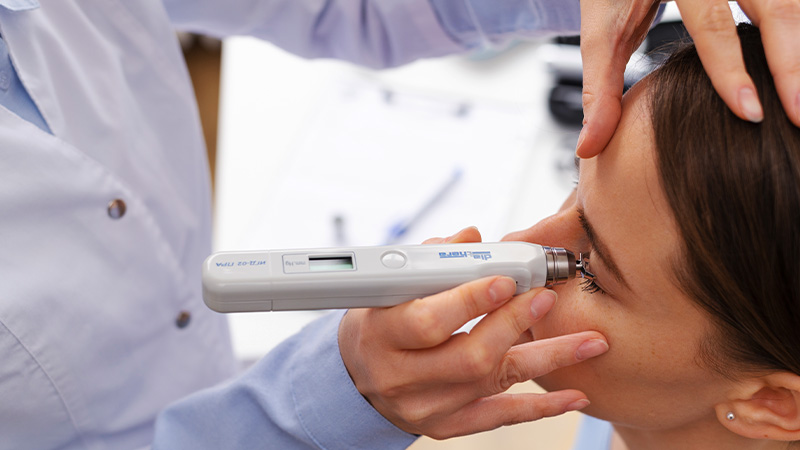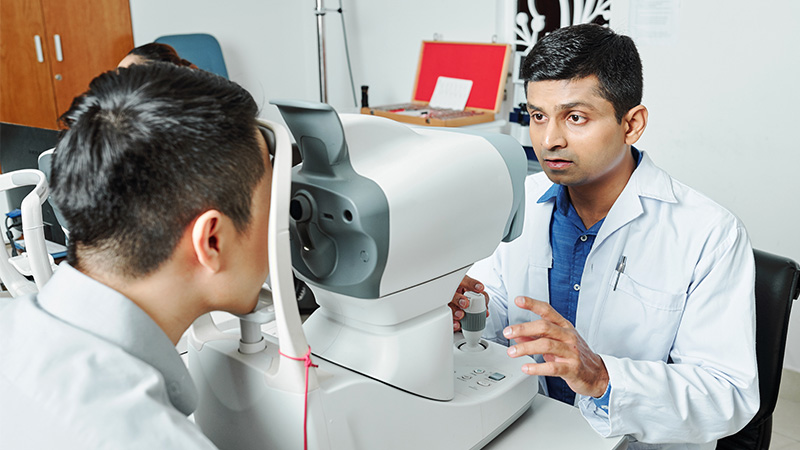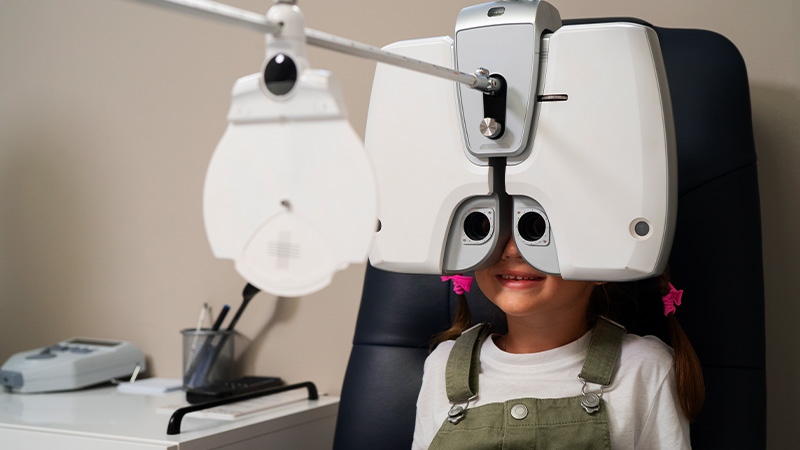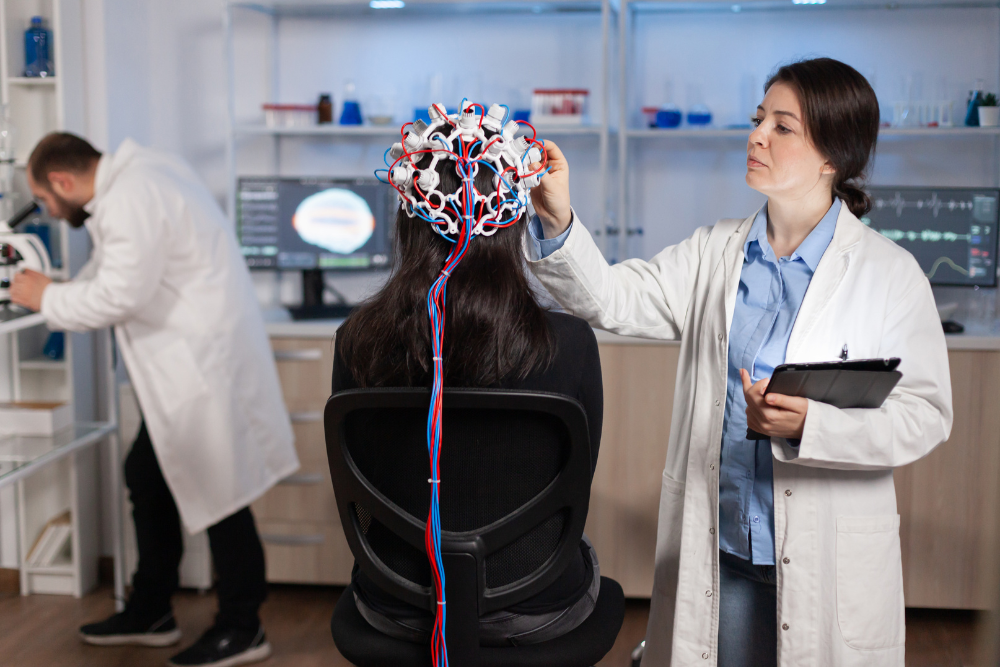Overview
Looking for an expert ophthalmologist in Chennai ? At Parvathy Hospital, we have a team of dedicated eye specialists at Chrompet committed to provide comprehensive eye checkup, utilising cutting-edge technologies and a patient-centric approach. From routine eye check-ups to advanced surgical interventions, we are here to address all your eye health needs.
Common eye Problems We Address
Our Ophthalmology experts are skilled in managing a range of eye conditions, including but not limited to:
- Cataracts
- Glaucoma
- Retinal disorders
- Corneal diseases
- Refractive errors (nearsightedness, farsightedness, astigmatism)
- Pediatric eye conditions
Common Symptoms You May Experience
Recognizing the signs of potential eye problems is crucial. If you experience any of the following symptoms, it's advisable to consult our Ophthalmology experts promptly:
- Blurred or distorted vision
- Eye pain or discomfort
- Redness or irritation
- Sensitivity to light
- Double vision
- Sudden changes in vision
Treatment Options
Our Ophthalmology services encompass a wide array of treatment options tailored to your specific condition. These may include:
- Prescription eyewear (glasses or contact lenses)
- Medications for eye conditions
- Laser eye surgery for refractive errors
- Cataract surgery
- Glaucoma management
- Retinal interventions
- Corneal treatments
When to Consult a Doctor ?
If you are experiencing persistent eye symptoms or if you have a family history of eye conditions, it is advisable to consult our Ophthalmology experts for a comprehensive eye examination. Regular eye check-ups are also recommended, especially for those over 40 or with existing eye conditions.
General (FAQ) For Ophthalmology
Cataracts typically develop due to aging, prolonged exposure to UV radiation, and certain medical conditions like diabetes.
Common symptoms include blurred or cloudy vision, difficulty seeing at night, sensitivity to light, frequent prescription changes, and double vision in a single eye.
While there's no proven prevention, protecting your eyes from UV rays, managing health conditions, and quitting smoking may reduce the risk of cataract progression.
Two signs of glaucoma are increased intraocular pressure and optic nerve damage, often leading to peripheral vision loss.
No, but early detection and treatment can manage the condition and prevent further vision loss.
Increased intraocular pressure is the primary cause of glaucoma, damaging the optic nerve and leading to vision loss.
Treatment depends on the specific issue but may involve medications, laser therapy, or surgical interventions.
Retina problems vary, but conditions like diabetic retinopathy and age-related macular degeneration are prevalent, affecting millions worldwide.
Factors include diabetes, hypertension, age-related degeneration, and eye trauma, all contributing to retinal damage.
Keratoconus is a common corneal disease characterized by the thinning and bulging of the cornea.
The curability depends on the specific corneal disease; some conditions can be managed with treatments like corneal transplants.
Refractive errors occur due to irregularities in the shape of the eye, leading to difficulty focusing light on the retina.
Eyeglasses, contact lenses, or refractive surgery (LASIK) are common methods to correct refractive errors.
Common childhood eye conditions include amblyopia (lazy eye), strabismus (crossed eyes), and refractive errors like myopia or hyperopia.














